29+ Essay Conclusion Examples to Download
Captivating your readers until the very end is a crucial goal in essay writing. The conclusion holds the power to leave a lasting impression, reinforcing your arguments and providing a sense of closure. In this article, we will delve into the art of crafting essay conclusions that resonate with your audience. Whether you’re a student seeking guidance or a seasoned writer in search of inspiration, this comprehensive guide will equip you with the tools to master the art of concluding your essays effectively.
1. Argumentative Essay Conclusion
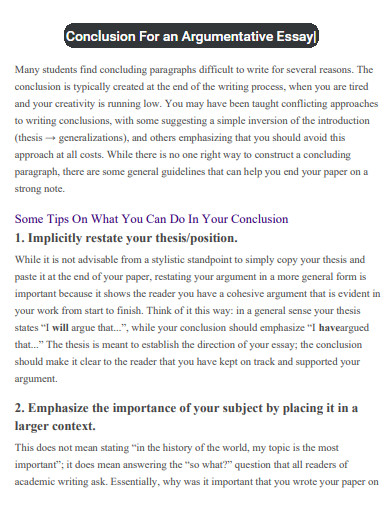
myperfectwords.com
2. University Essay Conclusion
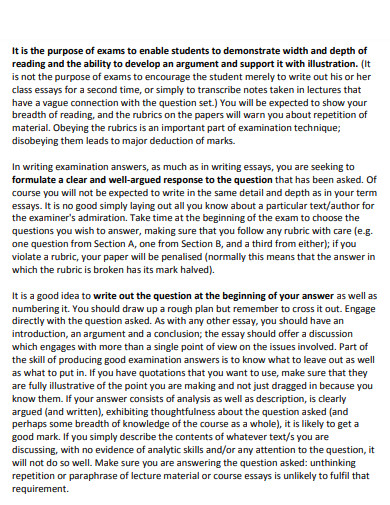
ed.ac.uk
3. Essay Conclusion Structure
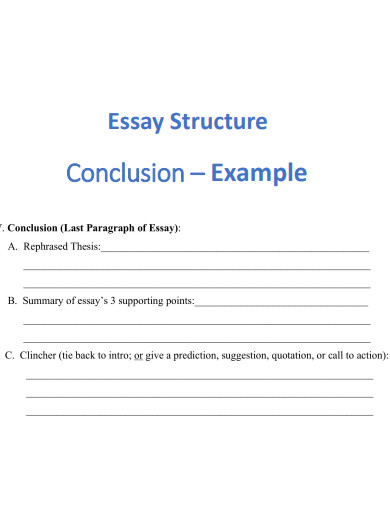
southplainscollege.edu
4. English Essay Conclusion
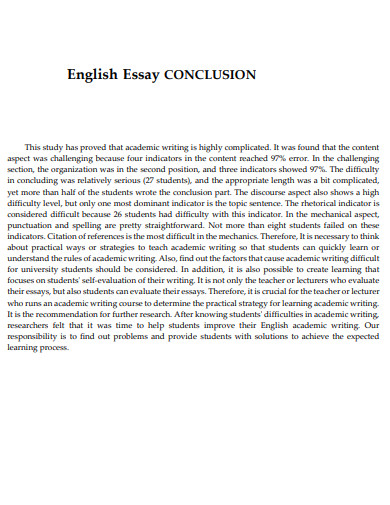
journal.staihubbulwathan.id
5. Essay Paragraph Conclusion
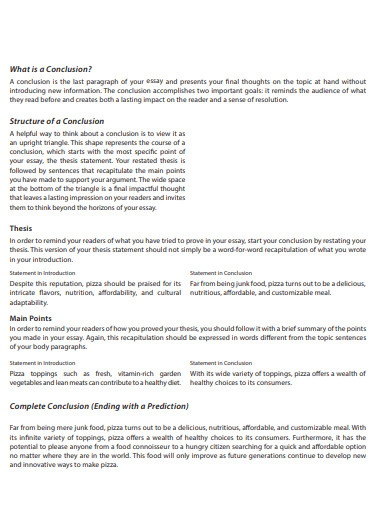
ccny.cuny.edu
6. Essay on Mental Health Conclusion
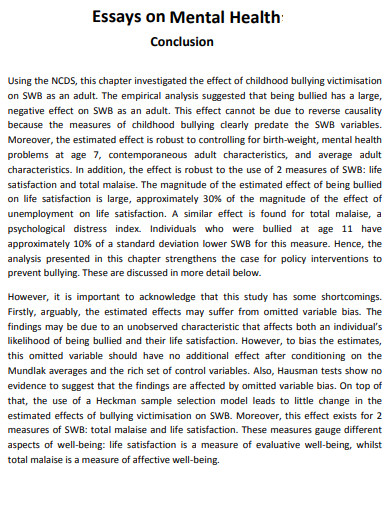
etheses.whiterose.ac.uk
7. Essay on Research Conclusion
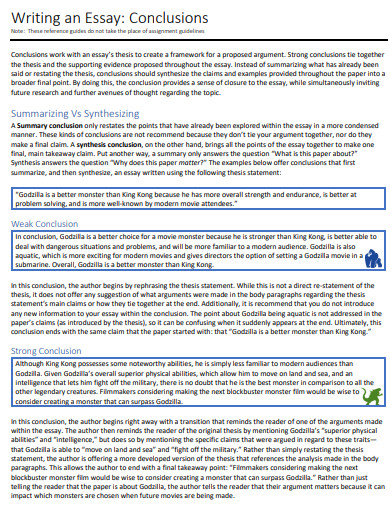
fgcu.edu
8. Social Media Essay Conclusion
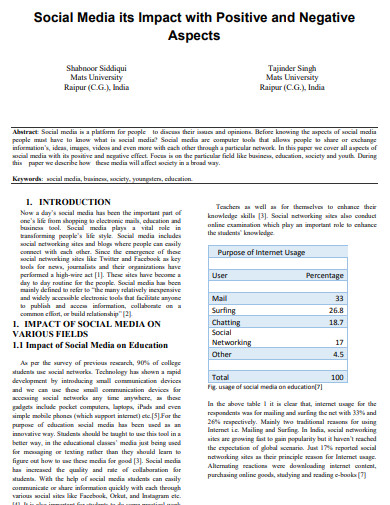
ijcat.com
9. Education Essay Conclusion
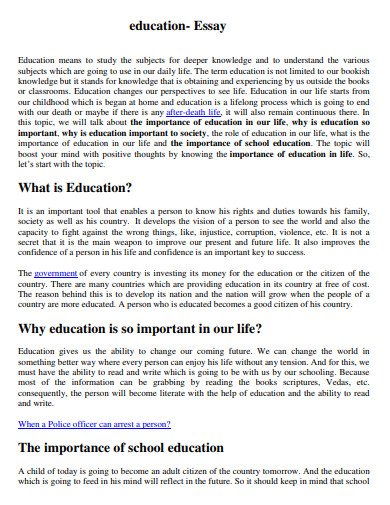
legalstudymaterial.com
10. Essay Conclusion Sentence
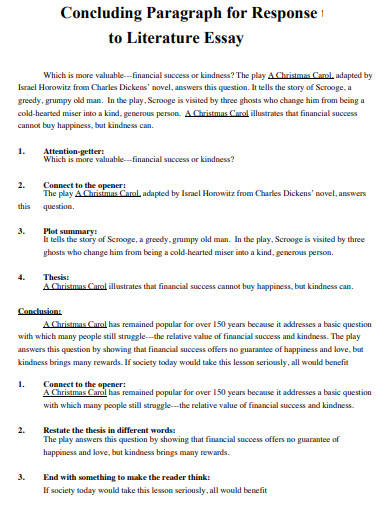
stanley15.weebly.com
11. Call to Action Essay Conclusion
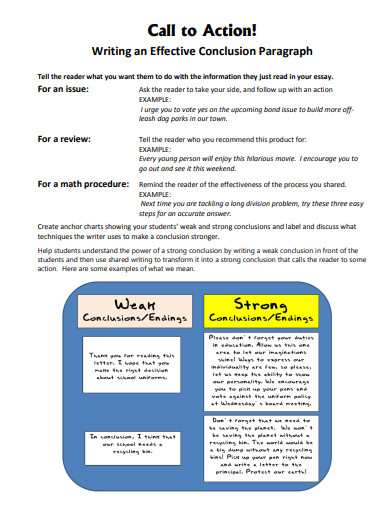
knoxeducation.com
12. Family Essay Conclusion
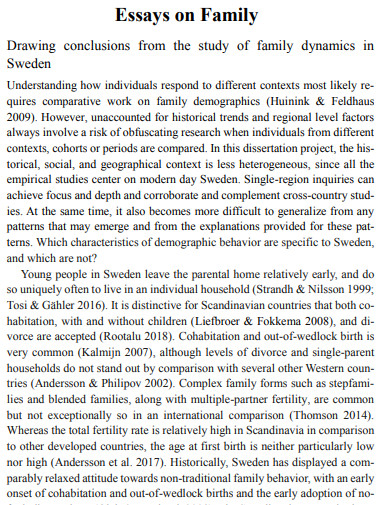
diva-portal.org
13. Thesis Essay Conclusion
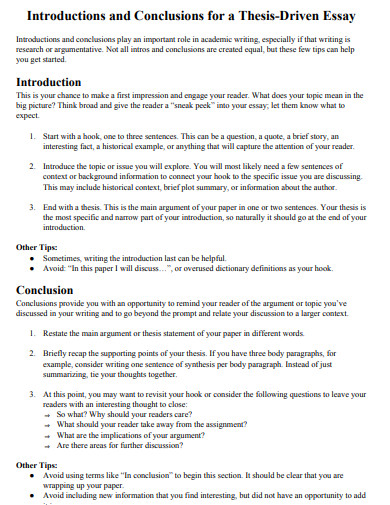
xavier.edu
14. Romeo and Juliet Essay Conclusion
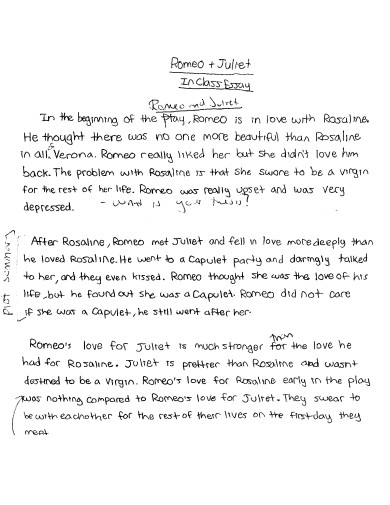
people.brandeis.edu
15. Air Pollution Essay Conclusion
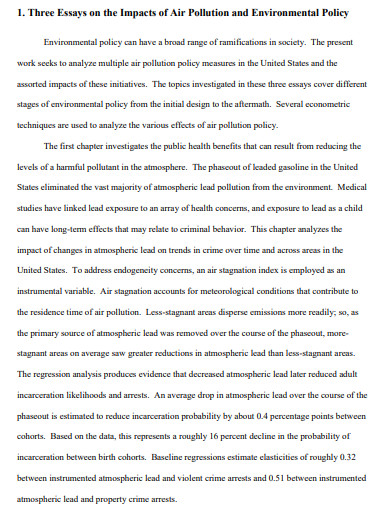
surface.syr.edu
16. Essay Conclusion Template
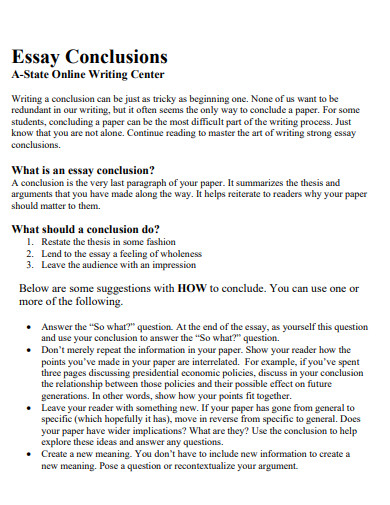
astate.edu
17. Essay Conclusion Example
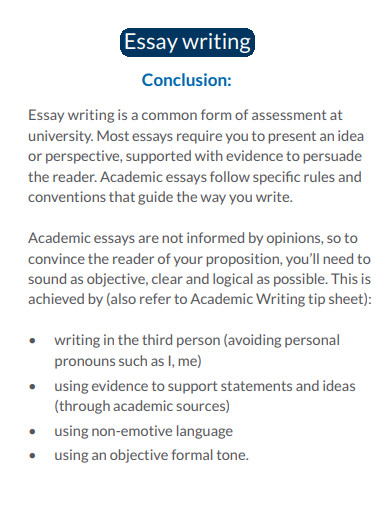
open.edu.au
18. Academic Essay Conclusion
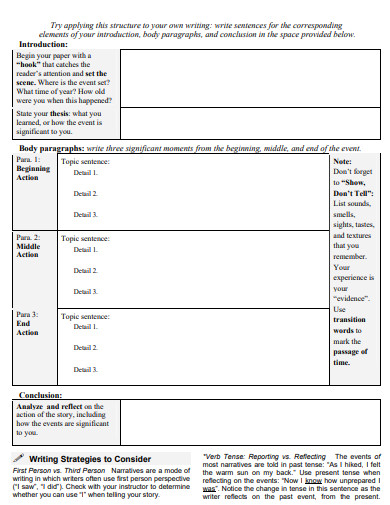
sd43.bc.ca
19. Informative Essay Conclusion
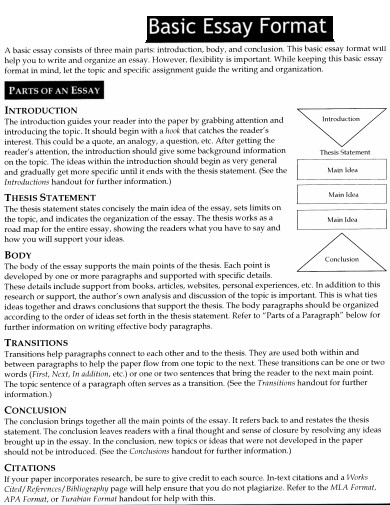
canadacollege.edu
20. Music Essay Conclusion

flexiblelearning.auckland.ac.nz
21. 4th Grade Essay Conclusion
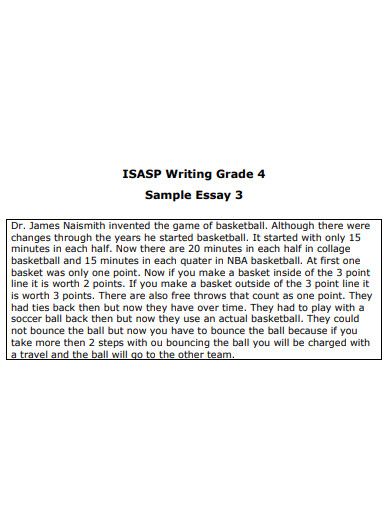
iowa.pearsonaccess.com
22. 6th Grade Essay Conclusion
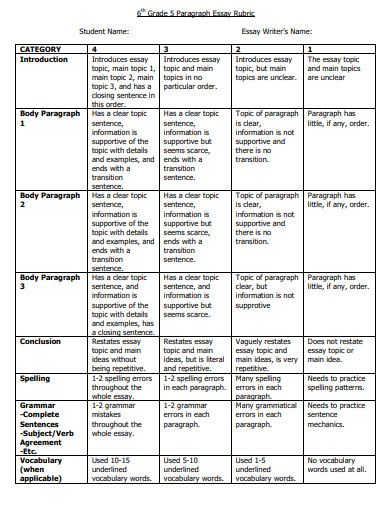
gardenschool.org
23. Essay on Technology Conclusion
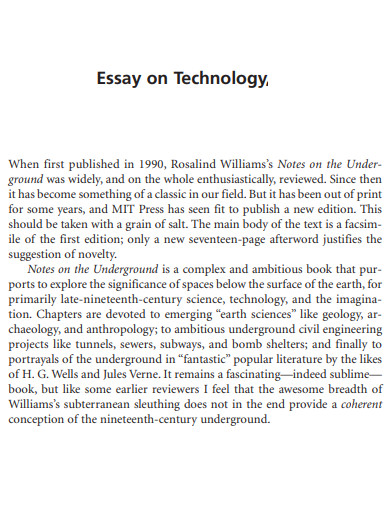
ris.utwente.nl
24. Communication Essay Conclusion
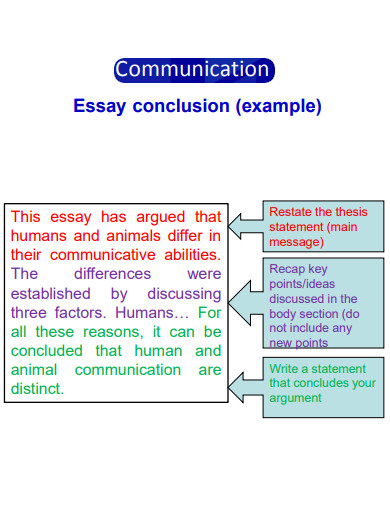
lo.unisa.edu
25. Deforestation Essay Conclusion
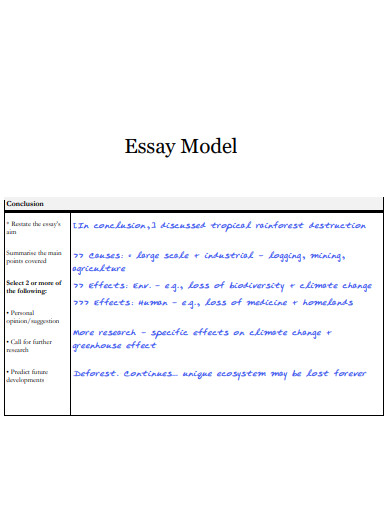
aquascript.com
26. Business Essay Conclusion
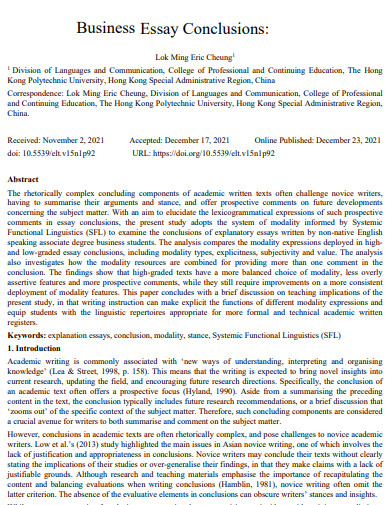
pdfs.semanticscholar.org
27. Planning Guide Essay Conclusion
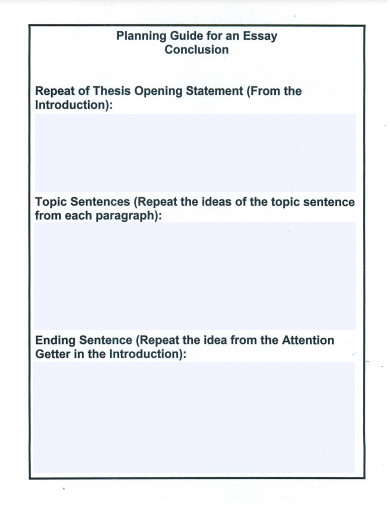
uthinkedu.com
28. Basic Essay Conclusion
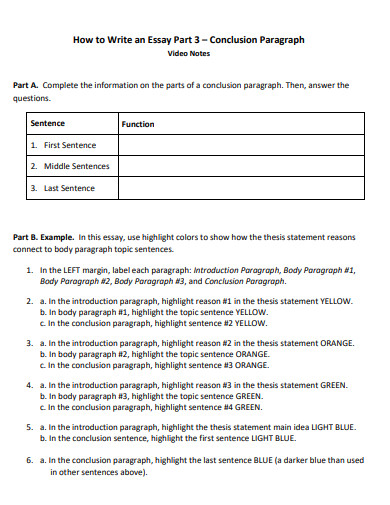
englishunits.com
29. Leadership Essay Conclusion
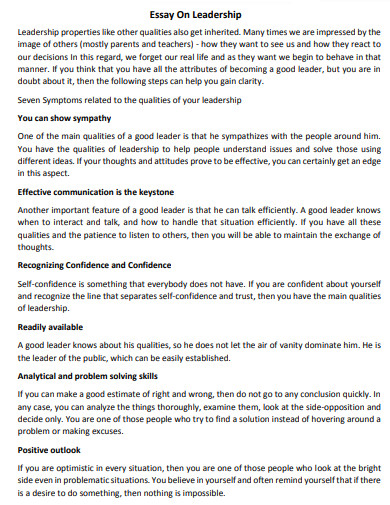
myperfectwords.com
30. Standard Essay Conclusion
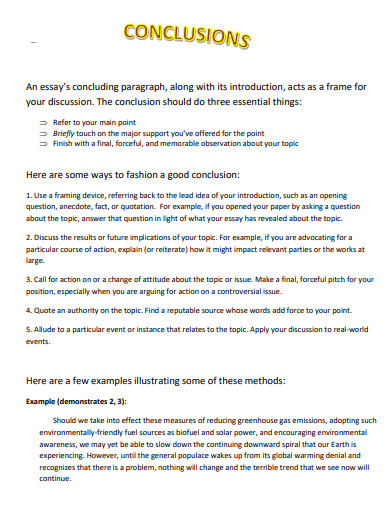
success.loyno.edu
What is an Essay Conclusion?
An essay conclusion serves as the final segment of your written composition. It brings together all the ideas, arguments, and evidence presented throughout the essay and synthesizes them into a concise and coherent final statement. Think of it as the grand finale that encapsulates your main points and leaves a lasting impression on your readers.
How to Write an Essay Conclusion
To create a compelling essay conclusion, follow these step-by-step guidelines
Step 1: Restate your thesis:
Begin by restating your thesis statement, reminding readers of the central argument you have been supporting throughout your essay. However, avoid repeating it verbatim. Instead, rephrase it to maintain reader engagement.
Step 2: Summarize your main points:
Provide a succinct summary of the key points and arguments discussed in the body paragraphs. Focus on the most significant aspects while maintaining a logical flow. Avoid introducing new information or ideas at this stage.
Step 3: Emphasize the significance:
Highlight the broader implications of your essay’s topic and the relevance of your arguments in a wider context. Convey the importance of your findings and their potential impact on the subject matter or the reader’s perspective.
Step 4: Evoke emotions:
Create an emotional connection with your readers by emphasizing the significance of your topic or appealing to their values and beliefs. Stirring emotions can leave a lasting impact and make your conclusion more memorable.
Step 5: Offer a call to action or recommendation:
Depending on the nature of your essay, conclude with a call to action or a thoughtful recommendation that encourages readers to consider further action or reflection on the topic. This can inspire them to continue exploring or take specific steps related to the subject matter.
FAQs
What is the ideal length for an essay conclusion?
The length of an essay conclusion varies depending on the overall length of your essay. As a general guideline, aim for a conclusion that is concise yet comprehensive, spanning approximately 10-15% of your total essay length.
Can I introduce new information in my essay conclusion?
Avoid introducing new information or arguments in your conclusion. Instead, focus on summarizing and reinforcing the ideas already presented, providing a sense of closure to your essay.
How can I make my essay conclusion more impactful?
To make your essay conclusion more impactful, strive for clarity, emotional resonance, and a sense of closure. Utilize strong language, vivid imagery, and rhetorical devices to leave a lasting impression on your readers.
Just as every book needs a captivating ending to satisfy its readers, your essay deserves a conclusion that lingers in the minds of your audience. By employing the strategies discussed here, you can transform your essay conclusions into thought-provoking reflections, leaving your readers with a sense of fulfillment and a desire to explore your ideas further.
If you’re hungry for more examples and guidance, here are some related articles to inspire you:
- Dive into the world of narratives with 26+ Narrative Essay Examples in PDF.
- Explore the diverse realm of collage essays with 20+ College Essay Examples.
- Enhance your analytical skills with 4+ Interview Analysis Essay Examples in PDF.
- Master concise reporting with 11+ Short Report Essay Examples.
- Uncover the secrets of academic writing with 4+ Short Academic Essay Examples.
- Understand the essay text structure to elevate your writing.
- Delve into self-reflection with 7+ Self Evaluation Essay Examples in PDF.
- Craft persuasive arguments with an Argument Essay.
- For a comprehensive understanding of essay writing, refer to 21+ Essay Writing Examples in PDF.
Remember, the conclusion is your final chance to leave a lasting impact on your readers. Mastering the art of essay conclusions will undoubtedly elevate your writing and captivate your audience. So, go forth and craft memorable endings that resonate with the hearts and minds of your readers.


